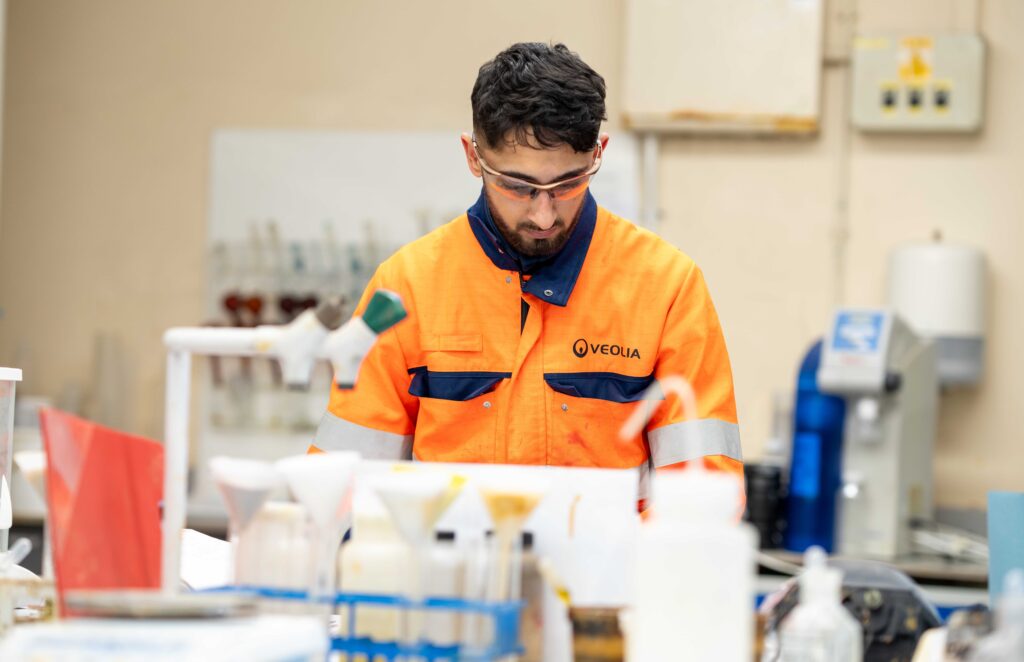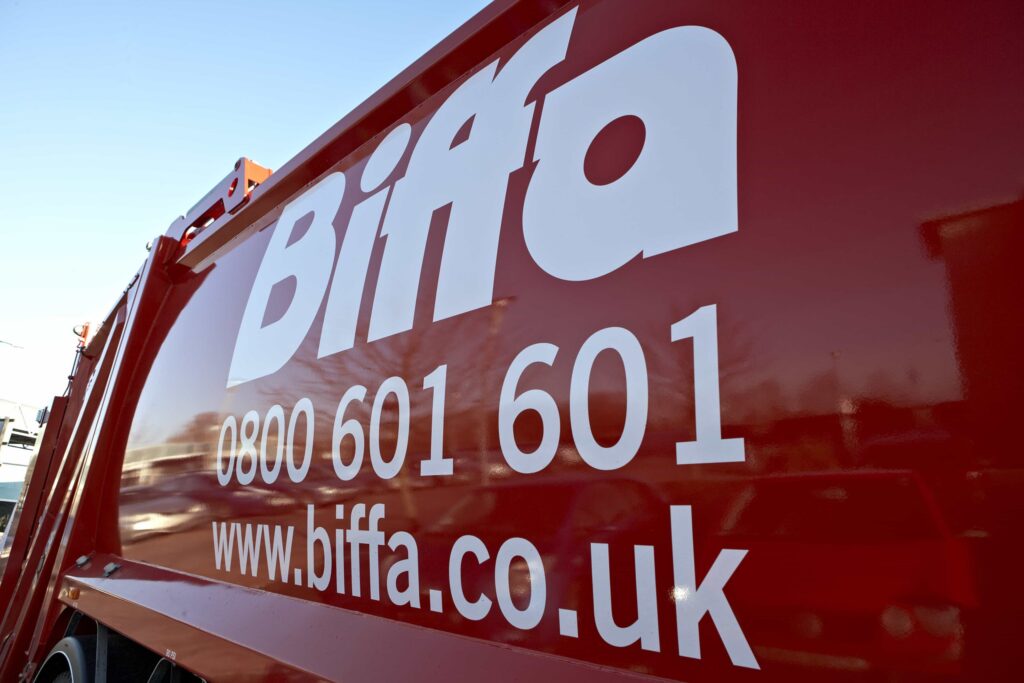The amount of local authority collected municipal waste sent to landfill in Northern Ireland has continued to fall, recycling data for the final quarter of 2012/13 has shown.
Figures published yesterday (July 25) by the Department of the Environment (DOE) show that the combined dry recycling and composting rate for waste collected by Northern Irelands 26 local authority throughout January to March stood at 35.4%, while the overall household waste landfill rate fell to 50.2% – its lowest quarter for landfill to date.

Meanwhile, waste arisings across municipalities in Northern Ireland were also at their lowest during the three month period, with 210,728 tonnes of waste collected by local authorities a 3.8% reduction compared to the previous quarter, and significantly lower than the annual high of 247,979 tonnes generated between July and September.
But, an area that may be of concern for the government is a fall in the recycling and composting rate by one percentage point when compared with the same period of the previous year. According to the DOE, this is due to a 22% fall in the amount of municipal waste sent for composting during January to March when compared to the equivalent quarter in 2011/12.
Performance
The data also identifies Magherafelt district council as the highest performing recycling council for the quarter, with the authority sending 56% of its waste for recycling or composting, with around 25.7% of its waste going to landfill.
When viewed across the year, the provisional data appears to show that Northern Ireland achieved a recycling rate of roughly 39%, with disposal via landfill accounting for around 53.7% of the total waste collected.
Decrease
Comparing this to data available for the 2011/12 financial year, this suggests that landfill usage has decreased from around 58.1%, while the recycling and composting rate has risen slightly from 38.4%, with waste arisings also appearing to be decreasing.
Commenting on the quarterly data, newly appointed environment minister Mark Durkan, said: The reduction in landfill to their lowest ever levels is welcome news. This is the first time we have reached the point where as much of our waste doesnt go to landfill, as goes to landfill.
I welcome also that the recycling rate for products that cannot be composted continue to increase. A partnership approach between councils, householders and my Department is the only way forward to continue the good work which is still best summed up as reduce, reuse, recycle.
Related Links
I intend to continue to progress both the environmental and economic benefits by setting ourselves higher recycling targets to make more use of our resources and open up new business opportunities.
As people embrace measures to reduce waste they benefit not only their local communities but also help address global climate change too, surely the best of both worlds.









Subscribe for free